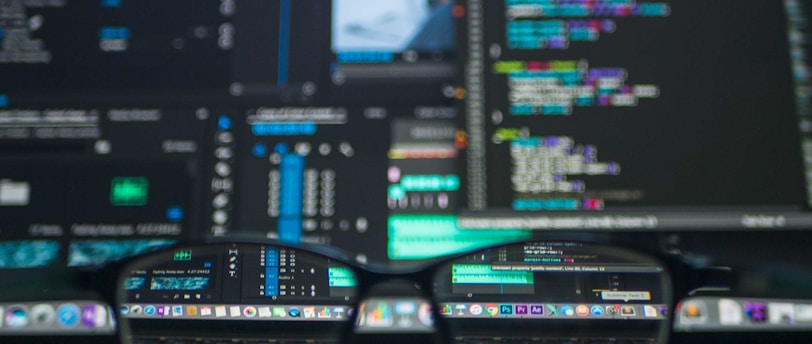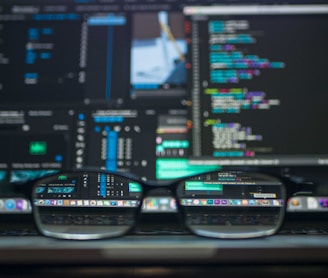Add your promotional text...

- Afrikaans
- العربية
- Azərbaycanca
- Български
- বাংলা
- Bosanski
- Беларуская
- Català
- Čeština
- Dansk
- Deutsch
- Ελληνικά
- English
- Español
- Eesti
- Euskara
- Suomi
- Français
- ગુજરાતી
- עברית
- हिन्दी
- Hrvatski
- Magyar
- Bahasa Indo
- Íslenska
- Italiano
- 日本語
- Kartuli
- Kazakh
- ಕನ್ನಡ
- 한국어
- Kurdî
- Kyrgyz
- Lëtzebuergesch
- Lietuviškai
- Latviešu
- Македонски
- Монгол
- Moldovenească
- मराठी
- Bahasa Melayu
- Malti
- Nederlands
- Norsk
- Polski
- Português
- Română
- Русский
- سنڌي
- Slovenčina
- Slovene
- Albanian
- Српски
- Svenska
- தமிழ்
- తెలుగు
- ภาษาไทย
- Türkçe
- Українська
- اردو
- Tiếng Việt
- 汉语
- فارسی

- Afrikaans
- العربية
- Azərbaycanca
- Български
- বাংলা
- Bosanski
- Беларуская
- Català
- Čeština
- Dansk
- Deutsch
- Ελληνικά
- English
- Español
- Eesti
- Euskara
- Suomi
- Français
- ગુજરાતી
- עברית
- हिन्दी
- Hrvatski
- Magyar
- Bahasa Indo
- Íslenska
- Italiano
- 日本語
- Kartuli
- Kazakh
- ಕನ್ನಡ
- 한국어
- Kurdî
- Kyrgyz
- Lëtzebuergesch
- Lietuviškai
- Latviešu
- Македонски
- Монгол
- Moldovenească
- मराठी
- Bahasa Melayu
- Malti
- Nederlands
- Norsk
- Polski
- Português
- Română
- Русский
- سنڌي
- Slovenčina
- Slovene
- Albanian
- Српски
- Svenska
- தமிழ்
- తెలుగు
- ภาษาไทย
- Türkçe
- Українська
- اردو
- Tiếng Việt
- 汉语
- فارسی
The Emergence of the Personal Computer: Revolutionizing the Way We Live and Work
admin
6/16/20233 min read


Revolutionizing the Way We Live and Work
Introduction: The emergence of the non-public pc (PC) marked a turning level in the human historical past, revolutionizing the way in which we talk, work, and enter data. From its humble beginnings as a hobbyist's mission to turning into an integral part of our day-by-day lives, the non-public pc has reworked society, empowering people and reshaping industries. In this complete information, we'll discover the fascinating journey of the non-public pc, from its origins in the 1970s to the current day. We will delve into the important thing of technological developments, the rise of influential corporations, the influence on numerous sectors, and the social and cultural implications of the PC revolution. Get able to embark on a thrilling journey by means of the evolution of the non-public pc.
Table of Contents:
The Pre-Personal Computer Era:
a. Early Calculating Devices and Mainframes.
b. The Advent of Miniaturization and Microprocessors.
c. Hobbyist and Homebrew Computing Movements.
The Birth of the Personal Computer:
a. The Altair 8800 and the Birth of the Microcomputer.
b. The Apple I and the Rise of Apple Inc.
c. The TRS-80 and the Popularity of Home Computers.
d. Commodore PET and the Early Home Computing Market.
IBM Enters the Game: The IBM PC:
a. The Rise of IBM as a Computing Powerhouse.
b. The Development of the IBM PC and Its Impact.
c. MS-DOS and the Birth of Operating Systems.
The Battle of Operating Systems:
a. MS-DOS vs. Apple's Macintosh OS.
b. The Graphical User Interface (GUI) Revolution.
c. Windows and the Dominance of Microsoft.
d. Linux and the Open-Source Movement.
Innovations in Hardware and Design:
a. The Evolution of Microprocessors.
b. Storage Devices: From Floppy Disks to Solid-State Drives.
c. Display Technology: Monitors and Graphics Cards.
d. Input Devices: From Keyboard to Mouse and Beyond.
The Impact of Personal Computers in Business:
a. Office Productivity and Word Processing.
b. Spreadsheet Software and Data Analysis.
c. Desktop Publishing and Graphic Design.
d. Computer-Aided Design (CAD) and Engineering.
Personal Computers in Education and Research:
a. The Integration of PCs in Schools and Universities.
b. Educational Software and Interactive Learning.
c. Research and Data Analysis with PCs.
d. Internet and the Digital Learning Revolution.
Personal Computers and the Internet:
a. The World Wide Web and Web Browsers.
b. E-commerce and Online Shopping.
c. Social Media and Online Communication.
d. Information Accessibility and the Digital Divide.
Gaming and Entertainment on Personal Computers:
a. The Evolution of PC Gaming.
b. Graphics and Sound Advancements in Gaming.
c. Online Gaming and Multiplayer Experiences.
d. Media Consumption: Movies, Music, and Streaming.
Personal Computers and Creativity:
a. Digital Art and Graphic Design.
b. Music Production and Recording.
c. Video Editing and Post-Production.
d. Photography and Image Manipulation.
The Social and Cultural Impact of Personal Computers:
a. The Rise of Hacker and Cybersecurity Concerns.
b. Changing Work and Career Landscape.
c. Personal Computing and Social Connections.
d. Privacy and Ethical Considerations.
Future Perspectives: The Continual Evolution of Personal Computers:
a. The Integration of Artificial Intelligence and Machine Learning.
b. Virtual Reality and Augmented Reality Experiences.
c. Quantum Computing and the Next Frontier.
d. Personal Computers within the Internet of Things (IoT) Era.
Conclusion:
The emergence of the non-public pc has had a profound influence on our lives, remodeling the way in which we work, talk, and discover the world. From the early days of hobbyist initiatives to the worldwide ubiquity of PCs, this journey has been fueled by technological developments, modern software programs, and the tireless efforts of pioneers and visionaries. As we proceed to witness the evolution of non-public computing, it's important to replicate the previous and embrace the long-run potentialities. The private pc revolution is much from over, and its potential to form our lives and empower people stays boundless. Let us have a good time on the non-public pics exceptional journey and sit up for the thrilling potentialities that lie forward.